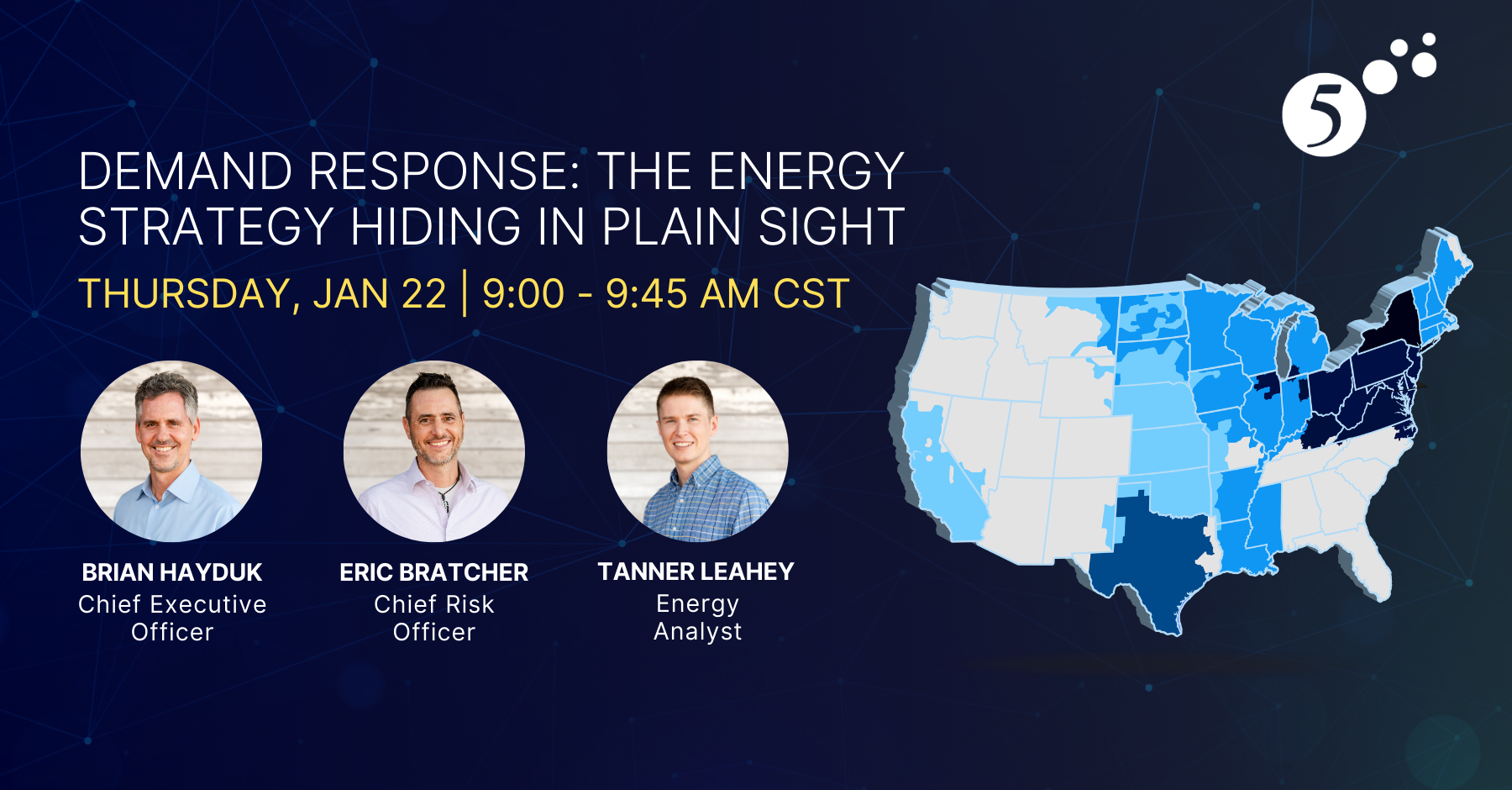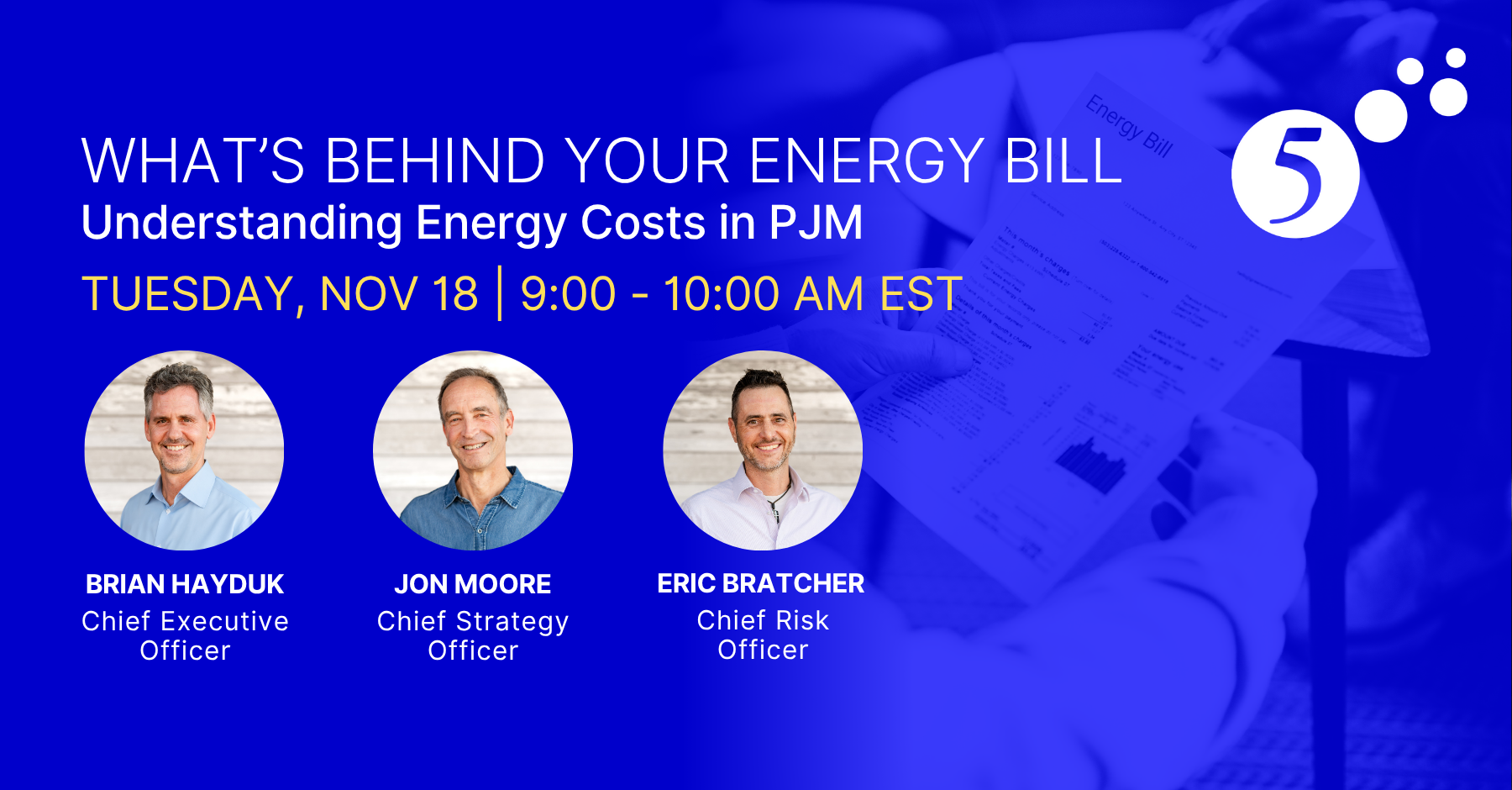
Several recent legal challenges related to Demand Response (DR) may have a long-term impact on Demand Response programs, including how Demand Response participants get paid, and by whom.
The issues involve two separate cases about how energy and capacity are treated in DR programs. In one case, grid operators and power plants followed the Federal Energy Regulatory Commission’s (FERC) Order 745 for three years until it was challenged in the Pennsylvania, New Jersey, and Maryland Regional Transmission Organization (PJM RTO) market by a group of power producers. Order 745 sets the value of DR payments in energy markets to equal the hourly wholesale Locational Marginal Price (LMP) in effect at the time of demand reduction. This mechanism trims demand from the generators at times when hourly pricing is highest thereby cutting into their revenue during these high-priced periods.
Among the various arguments against FERC’s order was that the Federal Power Act, the foundation of FERC’s authority, allowed it to supersede state authority over electricity pricing, which would not apply to resources at the customer side of the meter, such as Demand Response; the argument was that this is the jurisdiction of the state. As a result, the District Court for the District of Columbia overturned Order 745, which has resulted in a request for a decision from the Supreme Court. If the Supreme Court elects to hear the case and overturns the lower court ruling, we will revert to business as usual. However, if the Supreme Court upholds the decision or declines to hear the case, the requested changes will be implemented initially in the PJM and later in other states.
The other challenge involves several major wholesale power suppliers that called upon FERC in October 2014, to end the practice that enables DR participants to be treated as direct competitors to generators in capacity auctions. This impacts another major source of generator revenue. If FERC does not agree with the suppliers’ request, they may sue FERC. Because the case before the Supreme Court involves FERC’s jurisdiction over DR in wholesale markets, a decision regarding it may also impact this challenge, as well.
The bottom line for both of these cases, according to DR providers, is that customer revenue from DR will, at a minimum, be shifted to the distribution side. This may increase wholesale supply costs, however, the ISO/RTO’s will have to consider how they will consider DR as a modifier to customer demand in the wholesale markets.
Because the FERC process only impacts the market at the RTO/ISO level, utility-based Demand Response will not be impacted. Therefore, we can expect the Con Edison programs to continue. However, programs like the NYISO Special Case Resource program may provide lower customer benefits.
Additional support for utility-based demand response, which deals with local distribution issues was provided by the New York State Public Service Commission (NYS PSC) in its Reforming the Energy Vision proceeding (REV). REV sees DR as one of a wide variety of distributed energy resources that will enable utilities to manage load and optimize system operations. In its report, the PSC called on all NYS utilities to develop demand response tariffs.
At this point, the future of DR pricing and revenue is a jump ball. Customers participating in these programs are encouraged to continue doing so, but they should be aware that the expected revenue may change. We will have more clarity once the Supreme Court rules. Since such rulings typically occur between April and July, this one could be a buzzer-beater for summer 2015 DR revenue.


